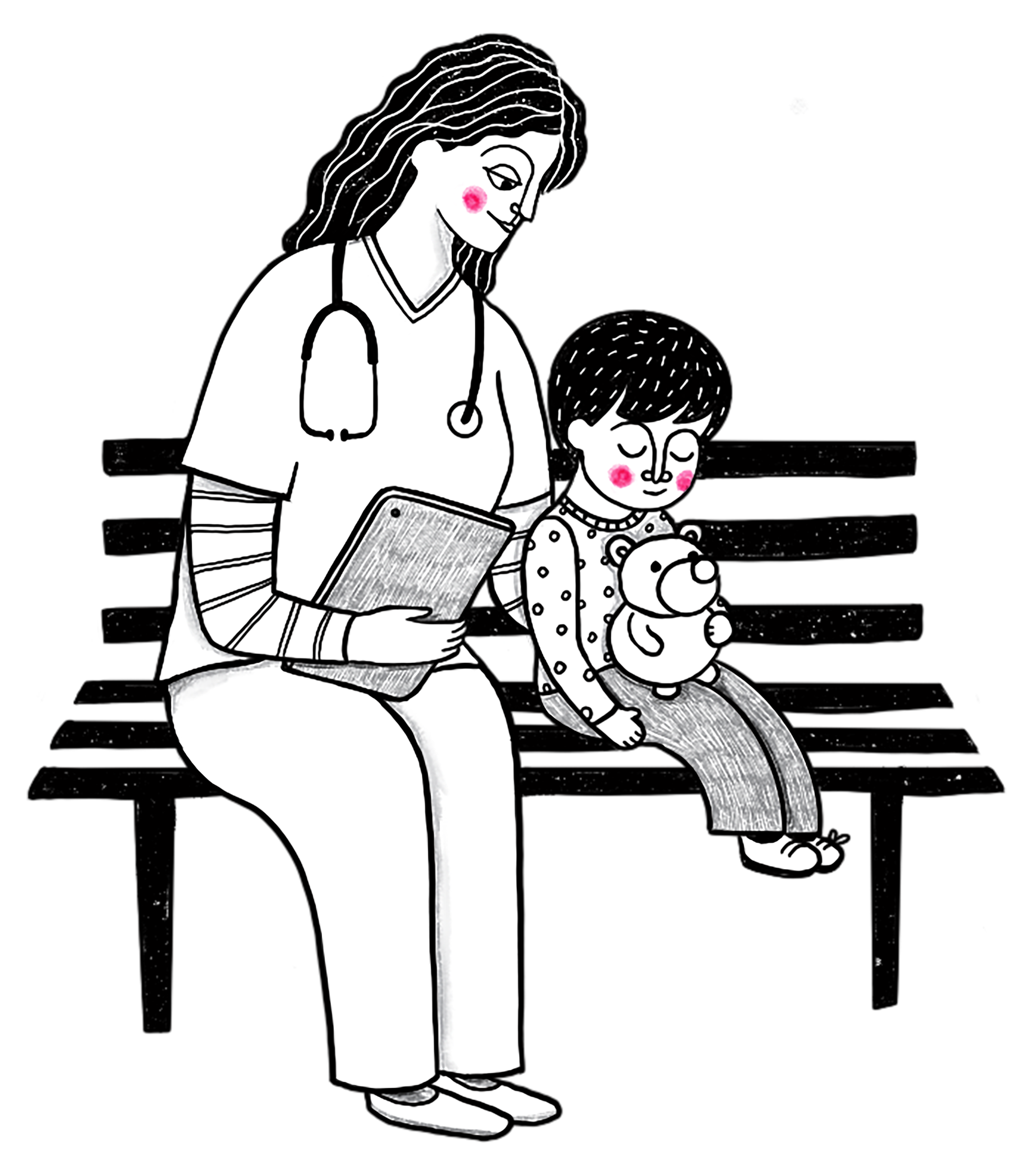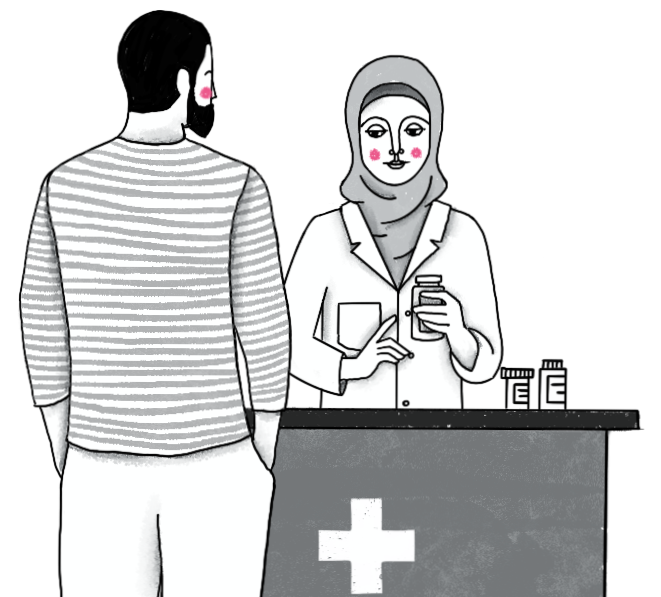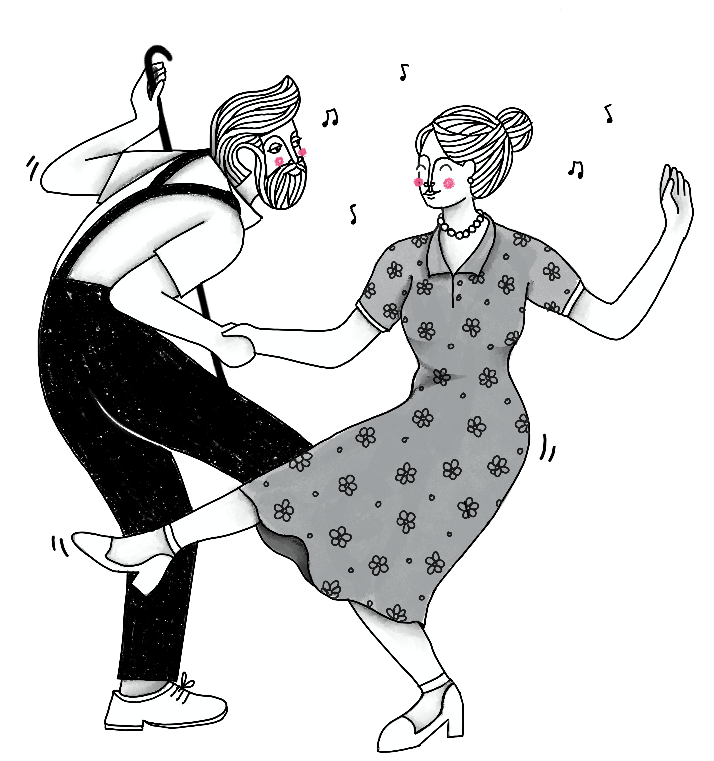Capacity Building
This page aims to highlight courses and resources that can be applied at the country level to help inform a BCI approach to improving health and well-being.
Click below to find out more.


Learn BCI
WHO Online training on Behavioural and Cultural Insights
The WHO Regional Office for Europe has developed a set of online training modules on BCI aimed at strengthening the understanding and knowledge of BCI-related theories, methods and application in practice across health programmes in the region.
The online training is offered to staff from health authorities in the WHO European Region.

Arts, Culture and Heritage: Understanding their complex effects on our health
RSPH and University College London (UCL), supported by the MARCH Network, have developed this course to increase knowledge and understanding of how community resources, including arts, culture and heritage activities can improve our physical and mental health and wellbeing.
In the last decade, researchers have increasingly focused on how community resources, or 'assets,' can protect and enhance health and wellbeing. These assets can be mobilised to improve individuals' health, known as an asset-based approach to health.
Assets are wide-ranging. They are the resources, skills and knowledge of individuals, community and voluntary associations, public and private organisations, and physical environments. They include libraries, writing groups, archives, gardens, exercise classes, sporting events, volunteering and charitable groups, and community organisations such as youth services, trade unions, and religious groups.
There are an estimated 1 million assets within communities in the UK, ranging from theatre societies to community gardens.

